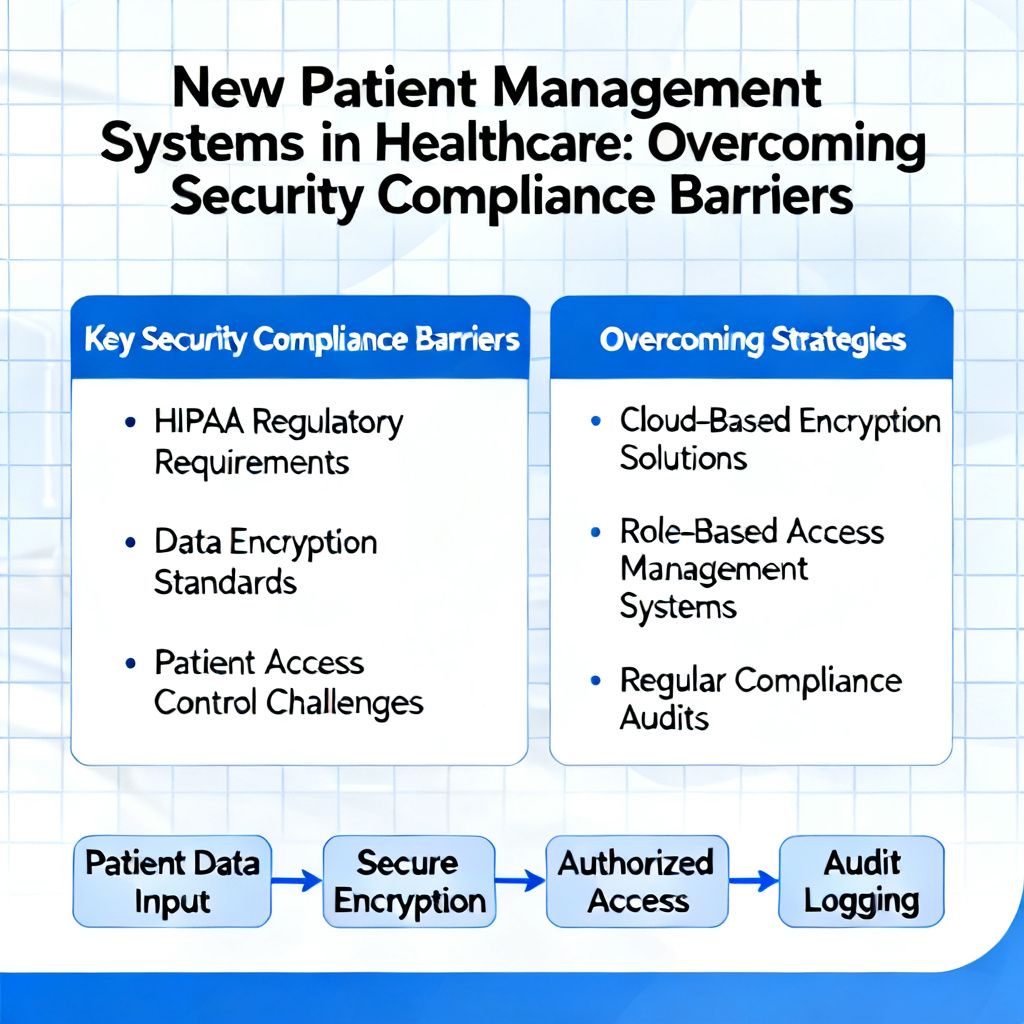Search engine optimization, or SEO, is the process of optimizing a website or web page so that it ranks higher in search engine results pages (SERPs) for certain keywords or phrases. The ultimate goal of SEO is to drive more organic traffic to a website, which can lead to more conversions (leads, product sales or subscribers) and revenue for businesses.
In this article, we’ll discuss the basics of SEO and how you can optimize your website for better search engine rankings.
Search Engine Optimization
Search engines like Google, Bing, and Yahoo use complex algorithms to rank websites based on various factors such as relevance, authority, and usability. These algorithms determine which websites to show in search results when users enter keywords or phrases into the search bar. The ultimate goal of search engines is to provide the most relevant and helpful information to users.
There are several factors that contribute to a website’s ranking in search results. These factors can be divided into two categories: on-page factors and off-page factors.
On-page factors refer to the elements on a website that search engines consider when determining its relevance to a particular search query. These elements include:
-
Keywords: The words or phrases that people type into search engines when looking for information.
-
Title tags: The title tag is the text that appears at the top of a web page’s browser window. It’s also the text that appears in search results as the page’s headline.
-
Meta descriptions: The meta description is the brief summary of a web page that appears under the title tag in search results.
-
Header tags: These are the headings that break up the content on a web page into different sections. They’re typically labeled as H1, H2, H3, etc.
-
Content: The text, images, videos, and other elements that make up a web page’s content.
-
User Experience: User experience (UX) refers to how users interact with your website. Factors that affect UX include page load speed, mobile responsiveness, and easy navigation.
Off-page factors refer to the external factors that influence a website’s ranking in search results. These factors include:
-
Backlinks: Backlinks are links from other websites that point to your website. They’re an important factor in determining a website’s authority and relevance.
-
Social signals: Social signals refer to the likes, shares, and comments a web page receives on social media platforms. They can indicate a page’s popularity and relevance.
-
Domain authority: Domain authority is a measure of a website’s overall authority and trustworthiness. It’s based on factors such as the number and quality of backlinks, the age of the domain, and the website’s content.
SEO Best Practices
To optimize your website for better search engine rankings, follow these best practices:
-
Conduct Keyword Research: Keyword research helps you identify the keywords and phrases your target audience uses when searching for your products or services. In SEO, keywords are critical because they help search engines understand what your website is about and whether it is relevant to a particular search query.
Use tools like Google Keyword Planner to find relevant keywords and phrases that people are using to search for content related to your website and optimize your content around them. Incorporate these keywords naturally into your website’s content, including in headlines, subheadings, and body copy. However, you should avoid overusing keywords (known as “keyword stuffing”), as this can harm your website’s ranking and reputation.
-
Optimize Your Website: Optimize your website by including relevant keywords in your title tags, meta descriptions, headers, internal links, and content. Make sure your website is mobile-responsive and has a fast page load speed and good user experience, as this is now a major factor in search engine ranking. Your website’s structure should be clear and easy to navigate. Use descriptive URLs and create a logical hierarchy of pages.
-
Create High-Quality Content: Search engines favor websites that have high-quality, relevant, and informative content. When creating content for your website, you should aim to provide value to your audience and answer their questions.
Use a mix of formats like blog posts, videos, infographics, and podcasts to keep your audience engaged. For blog posts, aim to create content that is longer-form, at least 1000-1500 words, as this tends to perform better in search engine rankings.
You should also ensure that your content is well-structured, easy to read, and visually appealing. This can help improve the user experience and keep visitors engaged on your website for longer periods.
-
Build Quality Backlinks: Backlinks are links from other websites that point to your website. Building quality backlinks from high-authority websites can help improve your website’s search engine rankings because they signal to search engines that your website is a trustworthy and authoritative source of information.
The quality and quantity of backlinks are important factors in search engine ranking. Seek out opportunities to have your website linked to from other reputable websites. Backlinks from high-authority websites are more valuable than backlinks from low-quality or spammy websites. So, it’s important to focus on acquiring high-quality backlinks from reputable websites in your niche or industry.
-
Use Social Media: Social media is a great way to drive traffic to your website and improve your search engine rankings. Share your content on social media platforms like Facebook, Twitter, LinkedIn, and Instagram to attract more visitors to your website. Encourage your followers to share your content with their networks.
-
Monitor your website’s statistics: Use tools like Google Analytics to monitor your website’s traffic and engagement. Analyze which pages are performing well and which pages need improvement. Use this information to make adjustments to your website and content.
SEO is a continuous process, and it takes time to see results. However, by following these best practices, you can improve your website’s search engine rankings and attract more organic traffic.
Technical SEO
Technical SEO refers to the process of optimizing your website’s technical aspects to improve its ranking on search engines. Technical SEO involves various tasks, such as optimizing your website’s page speed, improving its mobile-friendliness, and ensuring that it has a secure HTTPS connection.
Technical SEO can be challenging for those who are not familiar with web development and coding. Therefore, it’s recommended to hire an experienced web developer or SEO specialist to help you with technical SEO.
Conclusion
Search engine optimization is a critical aspect of digital marketing. It can help businesses and organizations attract more organic traffic, generate leads, and increase revenue. However, SEO can be a complex and time-consuming process, and it requires ongoing effort and attention.
To succeed in SEO, you should focus on identifying the right keywords, creating high-quality and informative content, acquiring high-quality backlinks, and optimizing your website’s technical aspects. With the right strategies and tactics, you can improve your website’s ranking on search engine results pages and drive more traffic and revenue to your business.
We’ve been designing websites since 1995. Our websites are designed with SEO in mind from the start. They are optimized to drive traffic, generate leads, and increase sales, resulting in a higher return on investment.
Contact us today to schedule a consultation and get started optimizing your site for a better search engine ranking.
Related services: Affordable Website Design



